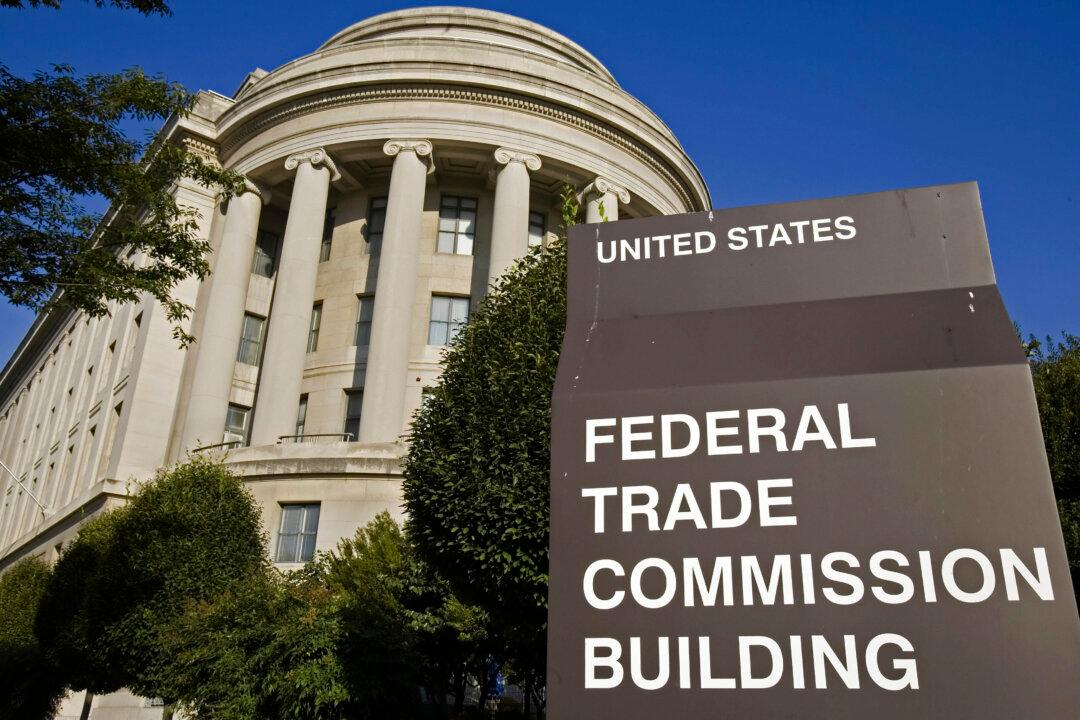The Federal Trade Commission (FTC) is looking into how firms are using surveillance pricing to charge different prices to different customers.
Surveillance pricing involves advanced algorithms, artificial intelligence (AI), and other technology, combined with consumers’ personal data such as credit history, location, and browsing history to set prices for individuals.





